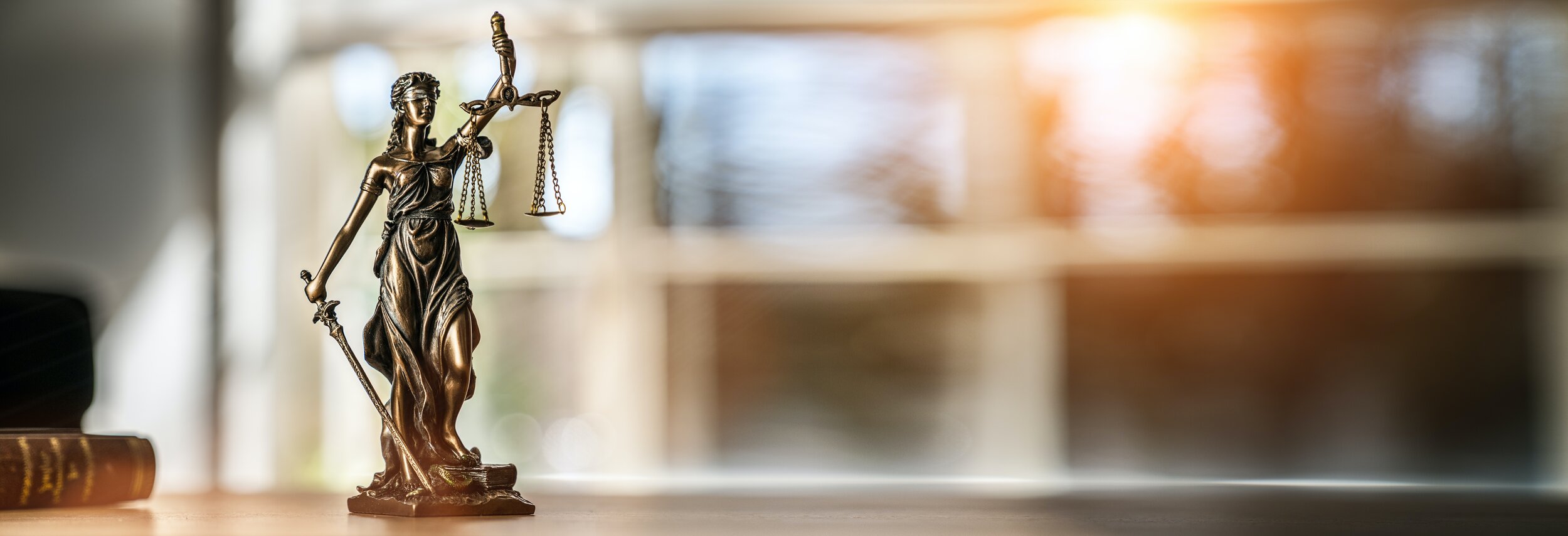Evolving Jurisprudence in Copyright & Trademark Law: Recent Judicial Trends in India
India’s intellectual property laws are undergoing dynamic shifts. Between 2022 and 2024, landmark judicial decisions have significantly shaped the copyright and trademark landscape of our country, attempting to match pace with modern needs.
Copyright law in India has seen critical rulings that reinforce the balance between protecting creators and ensuring public access as well. In Saregama India Ltd. v. Next Radio Ltd.[1] a group of broadcasters had approached the Madras High Court challenging the validity of Rule 29(4) of the Copyright Rules, 2013, arguing that it infringes upon their rights under Article 19(1)(a) of the Constitution, and is ultra vires of Section 31D of the Copyright Act. The Madras High Court through its interim order held that the obligations imposed on broadcasters under Rule 29(1) were "apparently onerous." It directed that the petitioners can resort to the second proviso to Rule 29(4) as a standard procedure, rather than as an exception. This interim order was subsequently challenged before the Hon’ble Supreme Court on the grounds that the High Court attempted to re-write Rule 29(4), which was formulated in pursuance to Sections 31D and 78(2)(cD) of the Copyright Act, 1957.
The Apex Court observed that judicial re-drafting of Rule 29(4) was unwarranted, particularly during interlocutory stage proceedings. The High Court had previously opined that the second proviso to Rule 29(4) could be applied routinely, rather than as an exception and that the ex post facto reporting should be enlarged to a period of fifteen days. However, the Apex Court held that such an approach is impermissible, cautioning against replacing a statutory rule with a new regime deemed more practical by the High Court. Consequently, the appeals were allowed, and the interim order was set aside.
In another ruling, the Delhi High Court, in The Chancellor, Masters & Scholars of the University of Oxford v. Rameshwari Photocopy Services[2] case, upheld the use of copyrighted materials for educational purposes under the fair use doctrine. The issue that the High Court was faced with was whether preparing course material as photocopies amounts to copyright infringement and whether these photocopies form part of the course instructions. By affirming that photocopying for academic purposes was not an infringement, High Court recognized the importance of affordable access for students while maintaining the sanctity of copyright.
Trademark jurisprudence has also seen significant advancements as courts strive to provide clarity on key issues like bad faith registrations, well-known marks, and honest use. In Renaissance Hotel Holdings Inc. v. B. Vijaya Sai[3], Hon’ble Supreme Court granted injunction against the use of the trade mark 'Sai Renaissance' ("Impugned Mark") being identical to the mark 'Renaissance' ("Trade Mark"). It observed that the Impugned Mark was identical to the Trade Mark and was being used in relation to identical services, creating a presumption of likelihood of confusion as per Section 29(3) of the Act. The Hon’ble Supreme Court further observed that the High Court erroneously relied upon Section 29(4)(c) of the Act without considering sub-clauses (a) and (b) of Section 29(4) of the Act which makes it clear that Section 29(4) of the Act is applicable only when the rival goods or services are different. The Supreme Court relied on the interpretation of statutes that if the sub-clauses are separated by the word 'and' and not 'or', then all sub-clauses are to be considered and not standalone. It also observed that use of the Impugned Mark as a trade name would fall under Section 29(5) of the Act.
On the legislative side, the 2023 Jan Vishwas (Amendment of Provisions) Act has decriminalized minor IP violations, making compliance simpler for businesses. This move aligns with the government’s broader push to enhance the ease of doing business while ensuring robust enforcement mechanisms for serious infringements. Criminal penalties are converted into fines which encourages compliance without fear of prosecution.
[1] (2022) 1 SCC 701
[2] 2016 SCC OnLine Del 6229
[3] (2022) 5 SCC 1
Author: Yashvi Aswani, Senior Associate with Pratap & Co.

